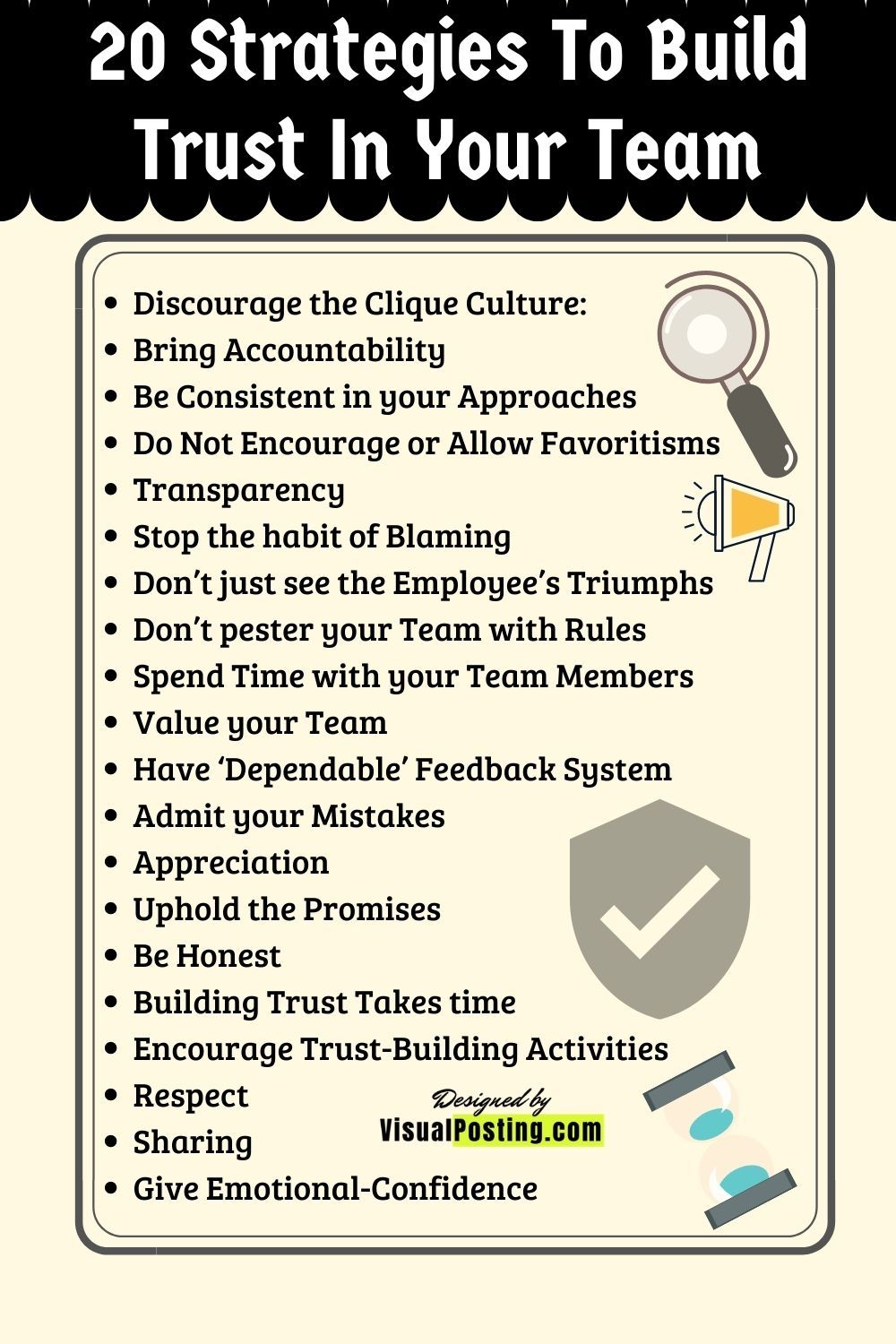Building bridges is an intricate art, especially when it comes to nurturing a relationship with your child. The journey towards fostering trust can be transformative, not just for them but for you as a parent too. What if you could create an environment where your child feels safe, understood, and empowered? Here are seven effective strategies to establish and enhance that vital trust.
1. Active Listening: The Foundation of Communication
Imagine sitting down with your child, setting aside the world’s distractions. This is the essence of active listening. When your child speaks, listen intently, not just to what they say, but to how they feel. Nod, respond, and use phrases such as, “I understand that must be challenging for you.” This not only shows that you value their perspective but also encourages them to express themselves freely. By practicing empathy and validating their feelings, you solidify a foundation of trust, paving the way for open dialogues. Your attentive presence can be the first brick in the bridge of trust.
2. Consistency: The Key to Reliability
Embedded in the fabric of a child’s psyche is the need for stability. Children crave a predictable environment where they can rely on their parents. By being consistent in your words and actions, you demonstrate reliability. If you promise to attend a school event, make it a priority to be there. If you establish rules, ensure that they are enforced uniformly. This level of consistency not only cultivates a sense of security but also reinforces the belief that they can rely on you, further strengthening the bond of trust.
3. Be Vulnerable: The Power of Authenticity
It’s tempting to present a flawless facade, but children are remarkably perceptive. They can sense when something feels disingenuous. Instead of striving for perfection, embrace your vulnerabilities. Share stories of your own challenges and how you navigated them. This humanizes you in your child’s eyes and serves as a powerful lesson in resilience. By opening up, you show that it’s acceptable to make mistakes, fostering a deeper sense of connection and trust.
4. Encourage Independence: A Pathway to Empowerment
Trust thrives in an environment where independence is celebrated. Allow your child to make choices and take responsibility for their actions. Whether it’s picking their outfit for the day or deciding how to spend their allowance, these opportunities enhance their self-confidence. When children feel empowered, they are more likely to confide in you, knowing that their decisions are respected. Encourage their autonomy while providing guidance, and watch your relationship flourish as they trust you to support their growth.
5. Create Shared Experiences: Building Memories Together
Life is filled with golden moments that can pass us by if we’re not attentive. Engage in activities that both you and your child enjoy. Whether it’s cooking, hiking, or starting a mini-garden, these shared experiences are the backdrop for trust-building. Moments of laughter, teamwork, and even the occasional mishap create memories that bind you together. Through these shared adventures, your child learns that you are a partner in their journey, reinforcing that they can always rely on you.
6. Foster Emotional Intelligence: The Language of Feelings
Understanding and articulating emotions is crucial in developing trust. Begin by teaching your child how to identify their feelings. Use tools like emotion charts or storytelling to illustrate various emotional states. Encourage them to express their feelings openly. The more they understand their emotions, the more equipped they will be to communicate with you. When children recognize that their emotions are valid and worthy of discussion, they are more inclined to approach you when they need support, knowing you will listen and understand without judgment.
7. Model Respect: The Mutual Exchange
Respect is a two-way street in the journey of trust. As a parent, modeling respect in your interactions sets a powerful example. Treat your child’s opinions, preferences, and feelings with seriousness. This mutual respect fosters an atmosphere where both parties feel valued. When children observe respectful communication in action, it encourages them to reciprocate. This atmosphere of mutual respect not only nurtures the parent-child relationship but solidifies the trust that is essential for open communication.
In conclusion, building trust with your child is a multifaceted endeavor that requires patience, understanding, and genuine effort. Each of these strategies serves to enhance your relationship, creating a safe haven for communication and connection. The journey may have its challenges, but the rewards are immeasurable. As you implement these strategies, embrace the evolving dynamics of your relationship. You might just discover that the bridge you build not only connects you to your child but enriches your own life in profound ways.
